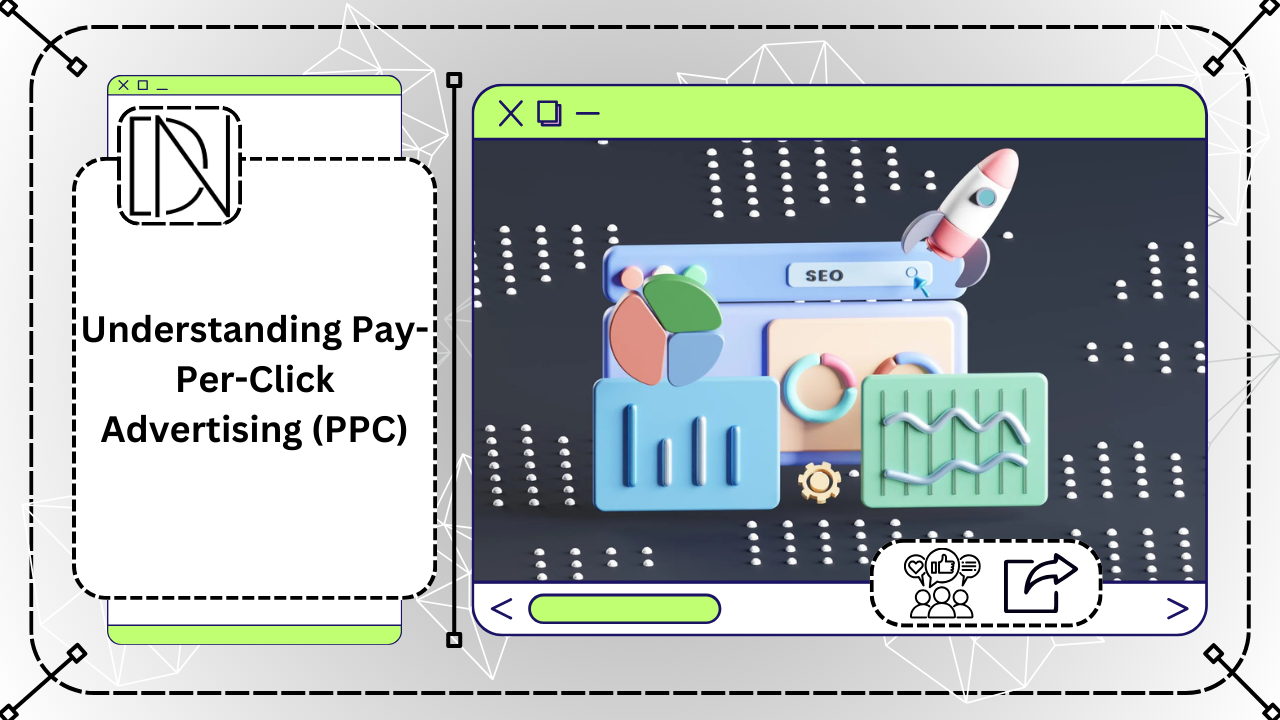Introduction to Pay-Per-Click Advertising (PPC)
Pay-Per-Click Advertising (PPC) is a popular online advertising model that allows businesses to drive targeted traffic to their websites and pay only when a user clicks on their ad. It is a cost-effective way to reach potential customers and generate leads or sales.

How Does PPC Work?
In PPC advertising, advertisers bid on specific keywords or phrases that are relevant to their products or services. When a user searches for those keywords on a search engine, the ads related to those keywords are displayed. The position of the ads is determined by a bidding system, where advertisers with higher bids get better ad placements.
When a user clicks on an ad, the advertiser is charged a certain amount, hence the name “Pay-Per-Click.” The cost per click (CPC) varies depending on factors like the competitiveness of the keyword and the quality of the ad campaign.
Benefits of PPC Advertising
1. Immediate Results: Unlike other forms of advertising, PPC campaigns can start driving traffic to your website within minutes of setting them up. This is especially beneficial for businesses looking for quick results.
2. Targeted Advertising: PPC allows you to target specific keywords, demographics, locations, and even the time of day when your ads are displayed. This precision targeting ensures that your ads are shown to the right audience, increasing the chances of conversions.
3. Measurable ROI: With PPC, you can easily track and measure the return on investment (ROI) of your advertising campaigns. You can see which keywords and ads are generating the most clicks and conversions, allowing you to optimize your campaigns for better results.
4. Control over Budget: PPC advertising gives you complete control over your budget. You can set a daily or monthly budget, and once that limit is reached, your ads will no longer be displayed. This helps you stay within your advertising budget and prevents overspending.
PPC Platforms
There are several popular PPC platforms available, with Google Ads and Bing Ads being the most widely used.
Google Ads: Google Ads is the largest PPC platform, offering a wide reach and access to billions of users. It allows you to advertise on Google’s search engine, as well as on their partner websites and apps.
Bing Ads: Bing Ads is Microsoft’s PPC advertising platform and is a good alternative to Google Ads. While it has a smaller user base compared to Google, it can still provide valuable traffic and reach a different audience.
PPC Best Practices
1. Keyword Research: Conduct thorough keyword research to identify relevant and high-performing keywords for your campaigns. Use tools like Google Keyword Planner or SEMrush to find keywords with good search volume and low competition.
2. Compelling Ad Copy: Write persuasive and compelling ad copy that grabs the attention of users and encourages them to click. Highlight the unique selling points of your products or services and include a clear call-to-action.
3. Landing Page Optimization: Ensure that the landing page you direct users to is relevant to the ad they clicked on. Optimize the landing page for conversions by making it user-friendly, fast-loading, and visually appealing.
4. Continuous Monitoring and Optimization: Regularly monitor the performance of your PPC campaigns and make necessary adjustments. Test different ad variations, keywords, and targeting options to improve your campaign’s effectiveness.
5. Conversion Tracking: Set up conversion tracking to measure the success of your PPC campaigns. Track actions such as form submissions, purchases, or newsletter sign-ups to understand the impact of your ads on your business goals.
Conclusion
Pay-Per-Click Advertising (PPC) is a powerful tool for businesses to reach their target audience and drive traffic to their websites. By understanding how PPC works and implementing best practices, businesses can maximize their return on investment and achieve their advertising goals.
Whether you choose Google Ads, Bing Ads, or any other PPC platform, it’s important to continuously monitor and optimize your campaigns to ensure they are delivering the desired results. With the right strategy and execution, PPC can be a valuable addition to your digital marketing efforts.












